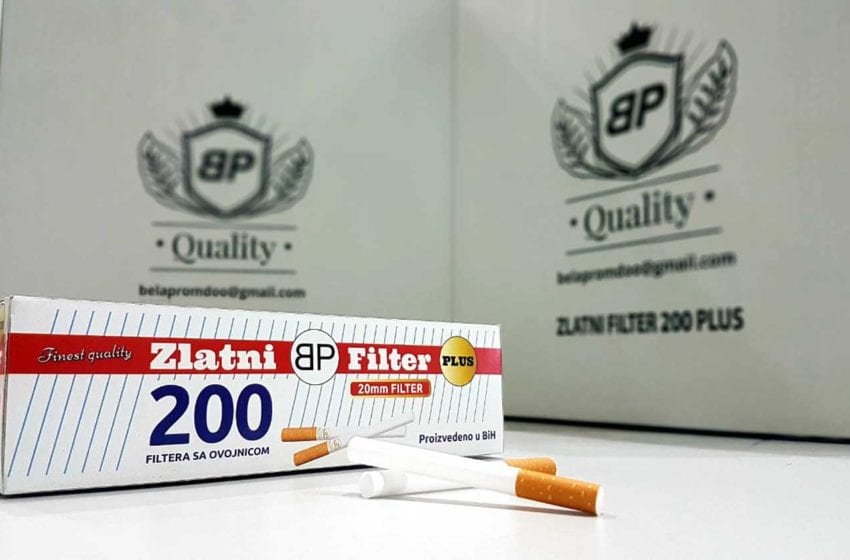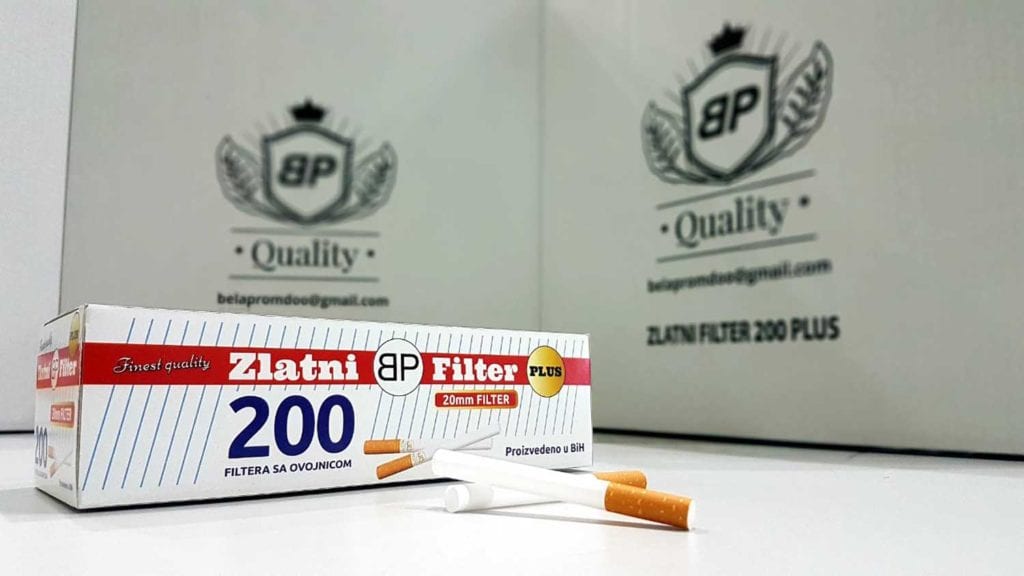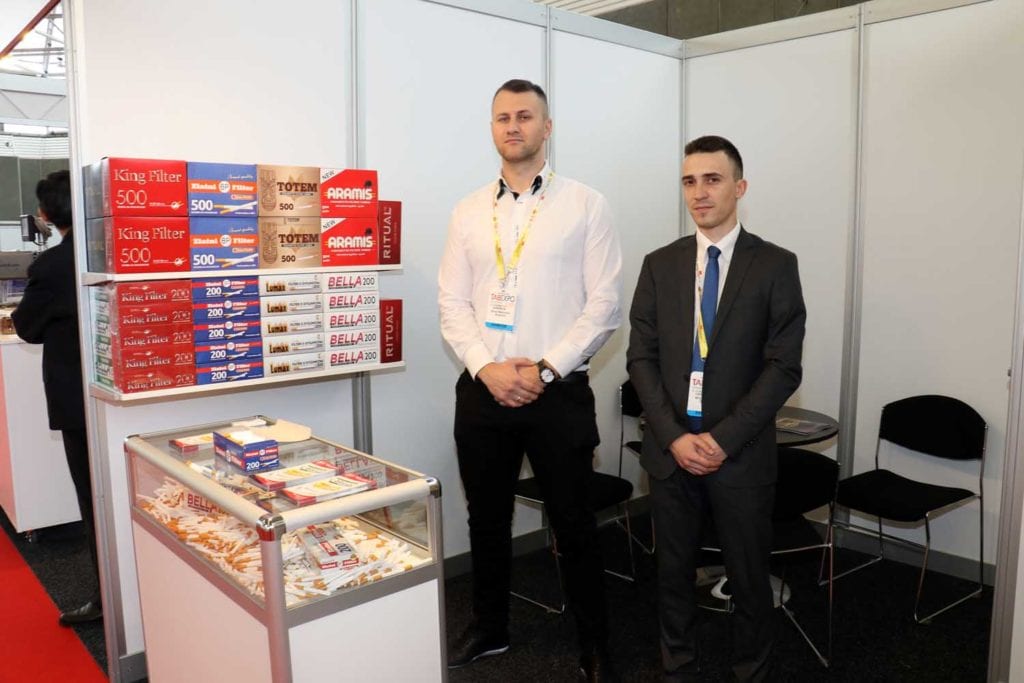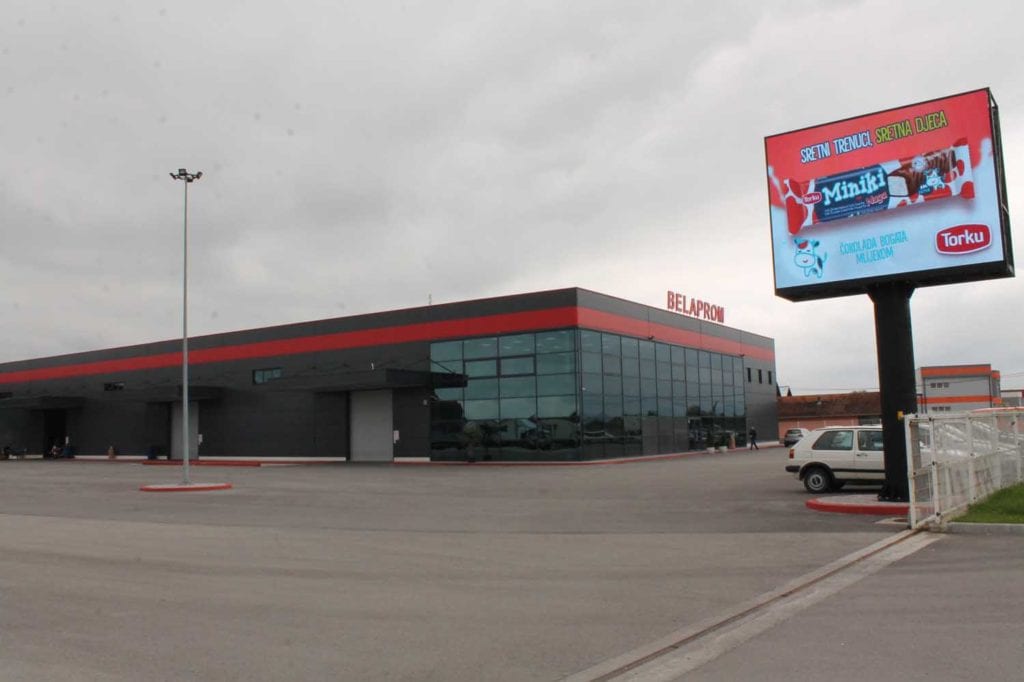
Income from excise taxes on domestic tobacco and tobacco products in Bosnia and Herzegovina (BiH) has decreased one hundredfold in six years, reports The Sarajevo Times, citing data from the BiH Indirect Taxation Administration (ITA).
According to the data, during the last year, BiH received about BAM2 million ($1.13 million) from excise taxes on tobacco and tobacco products compared to hundreds of millions in previous years.
“Thus, in 2009, based on these excise taxes, BAM171 million was earned; in 2010, BAM216 million; in 2011, BAM240 million; in 2012, BAM231 million; in 2013, BAM207 million; in 2014, BAM203 million; in 2015, BAM233 million; in 2016, BAM207 million; in 2017, BAM190 million,” the ITA data states.
The shutdown of tobacco factories in Banja Luka, Sarajevo and Mostar contributed most to the decrease.
Tobacco cultivation has slowly declined. “My wish is to maintain tobacco production, to gradually, in agreement with the relevant ministry and local self-government, try to return that production to some values that were in previous years,” said Svetozar Mihajlovic, owner of Duvan, one of the few remaining companies purchasing leaf.
“So, we see that domestic industry is practically shut down, and that is the best explanation of this indicator,” said economist Slavisa Rakovic. “If domestic industry had been maintained, not only would we have revenues from excise taxes at a much higher level, but the level of added value through processing would have been much higher, and taxes and contributions from employees’ salaries would have been significant. But what can be done …. It can be expected that with such policies, we will wait for the day when it is not worth doing anything here but to deal with politics.”















